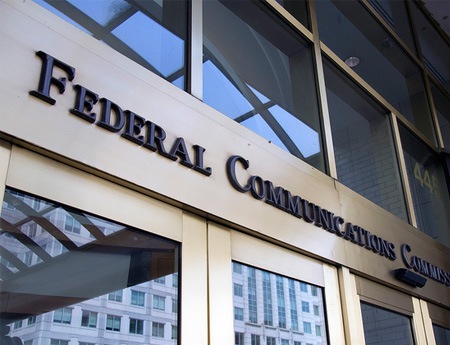FCC to Take New Look at Kid Vid Rules

The smarter way to stay on top of broadcasting and cable industry. Sign up below
You are now subscribed
Your newsletter sign-up was successful
The FCC will review its long-standing rules on children's television that requires that TV stations air at least three hours per week of core educational/informational children's TV programming in at least 30-minute blocks.
That is according to Commissioner Michael O'Rielly, who FCC chairman Ajit Pai has put in charge of the review.
O'Reilly recently blogged on his view that mandates were never the intention of Congress and are not needed in a video landscape filled with kids programming on multiple platforms.
Related: O'Rielly Takes Aim at Kid Vid Mandate
“Chairman Pai has asked me to lead the agency’s review of the stringent requirements the FCC imposes on our nation’s broadcasters to air a certain amount of educational and informational children’s programming on a weekly basis, otherwise known as Kid Vid," said O'Rielly in a statement. "I am pleased to accept his request. The Commission is currently undergoing a comprehensive proceeding to modernize our media regulations, and Kid Vid is due for such an examination within the bounds of the law."
O'Rielly said his goal is to determine whether the rules, now over two decades ago, still made sense today and whether the rules "enhance the family broadcast experience."
He echoed his blog post points that since the rules were adopted in 1990, "a proliferation of media platforms, including cable networks, over the top providers, and premium channels, offer competitive or vastly superior children’s programming" without a similar Kid Vid mandate.
Jeff Chester, executive director of the Center for Digital Democracy, which was instrumental in pushing for creating the three-hour mandate, was not pleased with the review.
"The FCC is engaged in another outrageous form of digital highway robbery—to steal from kids in order to allow TV giants to make even more profits from shows filled with commercials," he said. "Broadcasters now earn billions of dollars from their free public license to transit television—including getting access to invaluable cable TV channels. They are supposed to serve as a “Trustee” of the airwaves—not video programming bandits. Without their three hour kidvid requirement, broadcasters will able to reap the financial rewards without any real payback to the public.
"We will vigorously fight this cynical and harmful move by the FCC to place the interests of the TV lobby ahead of America’s children," said Chester. "CDD helped lobby in the 3-hour rule in the 1990s and plans to work with allies, such as Sen Ed Markey, to protect the interests of parents and children."
“Families around our country, particularly in low-income areas, rely on free, over-the-air children’s programming as a way to educate their children,” said Sen. Markey in a statement. “Unfortunately, the FCC is now threatening to take away those important educational resources on which so many hard-working families rely. Commissioner O’Reilly says that his goal is to understand Kid Vid rules, but he has already outlined his plans to undo the them. I have serious concerns about his proposal and how it would negatively impact our children across the country and their development. I urge the Commission to listen to a range of voices on this issue before making any recommendations.”
The smarter way to stay on top of broadcasting and cable industry. Sign up below
Contributing editor John Eggerton has been an editor and/or writer on media regulation, legislation and policy for over four decades, including covering the FCC, FTC, Congress, the major media trade associations, and the federal courts. In addition to Multichannel News and Broadcasting + Cable, his work has appeared in Radio World, TV Technology, TV Fax, This Week in Consumer Electronics, Variety and the Encyclopedia Britannica.

